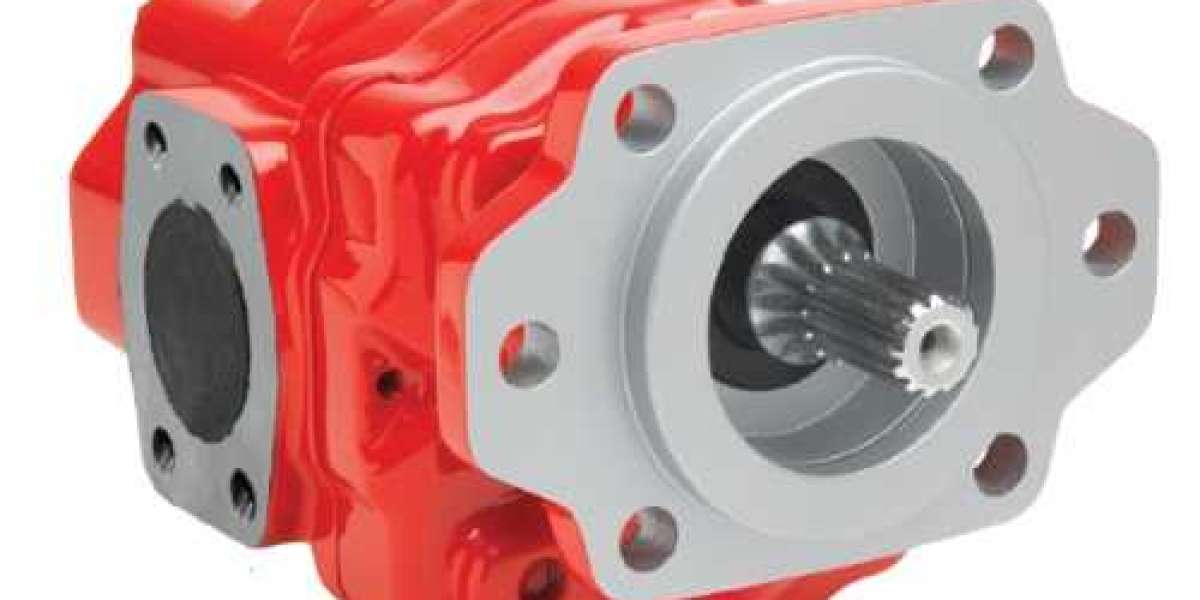In recent years, E-Scooter Services have emerged as a popular and innovative solution for urban transportation. With their convenience, eco-friendliness, and cost-effectiveness, e-scooters are transforming how people navigate city streets. This article delves into the rise of e-scooter services, their benefits, challenges, and the future of this burgeoning industry.
The Emergence of E-Scooter Services
E-scooter services first gained prominence in major cities across the United States and Europe around 2017. Companies like Bird, Lime, and Spin spearheaded this movement, introducing dockless electric scooters that users could rent via smartphone apps. The concept quickly caught on, and soon, cities worldwide began to see e-scooters zipping through their streets.
Benefits of E-Scooter Services
Convenience and Accessibility: E-scooters offer a convenient mode of transport for short distances. They are particularly useful for "last-mile" connectivity, helping users travel from public transport hubs to their final destinations. With easy-to-use apps, locating, unlocking, and paying for e-scooters is seamless.
Environmental Impact: E-scooters are electric and produce zero emissions, making them a greener alternative to cars and motorcycles. By reducing reliance on fossil fuel-powered vehicles, e-scooters contribute to lower urban air pollution and greenhouse gas emissions.
Cost-Effectiveness: For many urban dwellers, e-scooters are a cost-effective option compared to taxis or ride-sharing services. The pay-per-use model ensures that users only pay for the time they use the scooter, making it an affordable choice for short trips.
Traffic Congestion Reduction: With more people opting for e-scooters, there is potential to reduce traffic congestion in busy urban areas. E-scooters take up less space on the road and can help ease the burden on existing transportation infrastructure.
Challenges Facing E-Scooter Services
Despite their benefits, e-scooter services face several challenges:
Regulatory Hurdles: Cities have had to grapple with how to regulate e-scooters effectively. Issues such as safety standards, parking regulations, and licensing requirements have led to varying levels of acceptance and restrictions in different regions.
Safety Concerns: Safety remains a significant concern, with accidents involving e-scooters becoming increasingly common. Riders often forgo helmets, and the learning curve for first-time users can lead to mishaps. Ensuring safe riding practices and improving infrastructure, such as dedicated scooter lanes, is crucial.
Maintenance and Sustainability: The durability of e-scooters and their maintenance is another challenge. Vandalism, improper use, and the need for frequent battery replacements can affect the sustainability of e-scooter operations. Companies must invest in robust maintenance practices and durable scooter models to ensure long-term viability.
The Future of E-Scooter Services
The future of E-Scooter Services looks promising as cities continue to embrace micromobility solutions. Innovations in technology, such as improved battery life, better safety features, and integration with public transport systems, are likely to enhance the user experience. Additionally, as regulatory frameworks become more standardized, e-scooter services can expand their reach and operate more efficiently.
Furthermore, the growing awareness of environmental issues and the push for sustainable urban mobility solutions will likely drive the adoption of e-scooters. Cities are increasingly investing in infrastructure that supports micromobility, such as dedicated lanes and parking zones, further integrating e-scooters into the urban transport ecosystem.
Conclusion
E-scooter services represent a dynamic and transformative shift in urban mobility. Their convenience, environmental benefits, and cost-effectiveness make them a valuable addition to the transportation landscape. While challenges remain, the ongoing evolution of technology and regulatory frameworks will pave the way for a more sustainable and efficient future for e-scooter services. As cities continue to grow and evolve, e-scooters are set to play an integral role in shaping the future of urban transportation.







